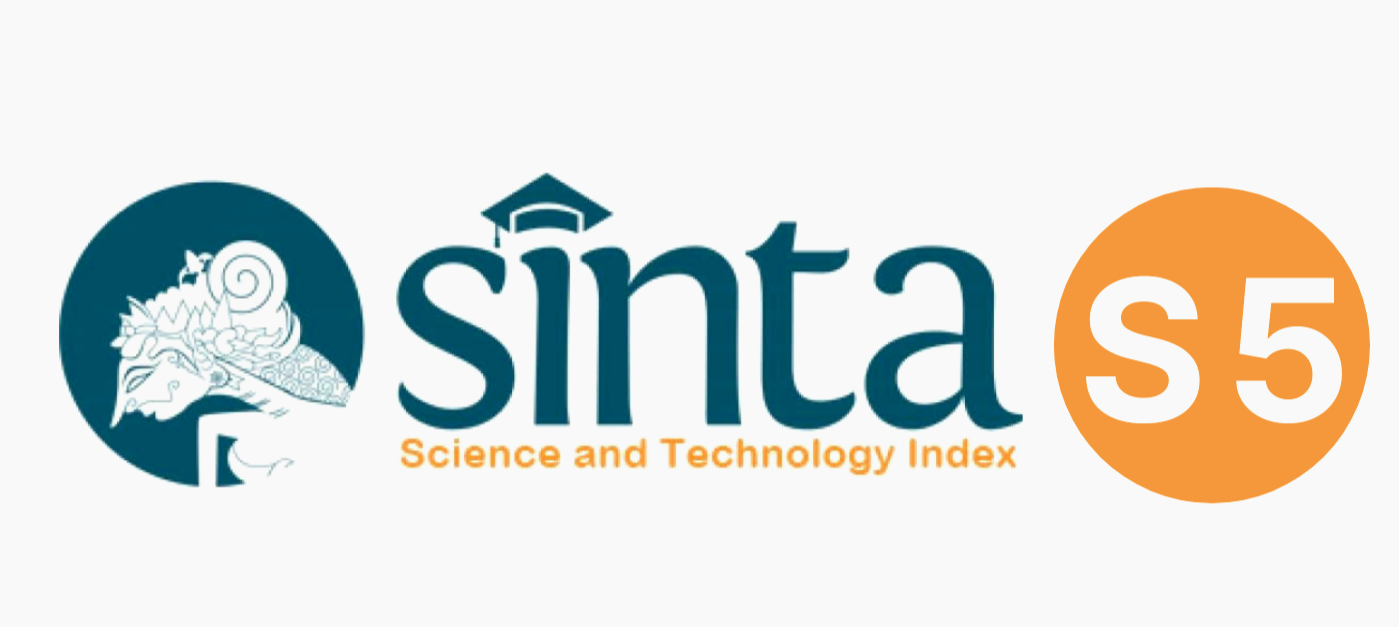Makna Simbolik pada Tradisi Cheng Beng di Kompleks Perkuburan Sentosa Kota Pangkalpinang
 Abstract: 64
/
Abstract: 64
/  Abstract: 38
Abstract: 38
DOI:
https://doi.org/10.47753/je.v10i1.185Abstract
This study aims to uncover the symbolic meanings embedded in the Cheng Beng tradition practiced by the Chinese community at the Sentosa Cemetery Complex, Pangkalpinang City. Cheng Beng is an annual ritual involving various activities such as cleaning graves, offering food and drinks, praying, and burning symbolic paper. Using a descriptive qualitative approach, this study employed in-depth interviews, observations, and documentation as data collection methods. Symbols such as incense, candles, five-color paper, spirit money, and food offerings carry profound meanings. Cleaning graves symbolizes respect for ancestors, candles represent spiritual enlightenment, and collective prayers signify gratitude, family solidarity, and hopes for ancestral protection. Beyond honoring ancestors, the tradition strengthens family bonds, preserves Chinese cultural values, and educates younger generations about the importance of filial piety. By employing the symbolic interactionism perspective, this research finds that symbolic meanings are constructed through social and cultural interactions within the Chinese community. The findings affirm that Cheng Beng is a spiritual ritual and a medium for preserving cultural identity, fostering family relationships, and maintaining community solidarity amidst modernization challenges. This tradition reflects the Chinese community's enduring values of respect, unity, and cultural heritage.Downloads
Published
2025-05-29
Issue
Section
Articles
License
Articles published in Jurnal Empirika are licensed under the International License of Creative Commons Allowance-ShareAlike 4.0. The author is free to use any media to copy, change, or redistribute the paper, provided the author gives credit to the original author and this journal, links to the license, shows if modifications have been made, and redistributes it in the same permission. The author grants the right to any third party to use their posts following the Creative Commons Attribution-Share Alike International 4.0.











